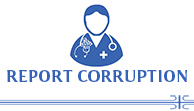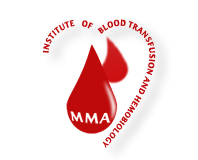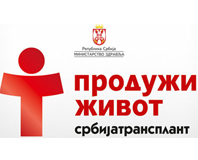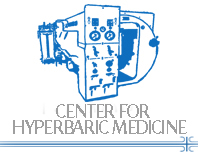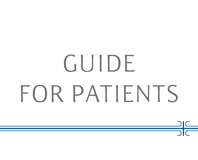Participation of MMA’s experts in international activities
13. 05. 2011
This congress of primarily educational character was dedicated to basic and clinical research in the domain of transplantation. Through many workshops and symposiums, oral presentations and poster sessions, the most important problems in heart, lungs, liver, kidney transplant were presented, as well as problems in the domain of combined organ transplant (heart and lungs, liver and kidney, heart and kidney, kidney and pancreas), and lectures on the basic immunology and transplant, as well as clinical works with experiences of leading experts in this matter pointed out the problems of transplant immunology, induction of tolerance, cellular and humeral rejection, detection and monitoring of donor-specific antibodies to the main system of histocompatibility.
Shortage of organs, long waiting lists and the problem of sensibility in patients were presented as the current problems of a global character which won’t be resolved any time soon with cloning of organs or with xenotransplantation.
The key to this problem lies in well organized network of hospital coordinators responsible for initiation of the organ donorship process from persons that suffered brain or heart death, for education of the population and for media presentation of the problem, which affected the increase in the number of organ, cell and tissue donorship in many countries, and has resulted in increased number of transplantations.
During this Congress, the problem with transplantation of all organs, which are routine procedures in the US and in many other countries as part of everyday clinical practice, was presented. Importance of team work in which experts of different profiles in charge of brain death diagnostics, maintenance of donor and organ viability, explantation and transplantation surgeons, nephrologists, hepathologists, cardiologists, pulmonologists, endocrinologists, immunologists, microbiologists, virusologists, pathologists, which conduct the surgical part of the program with solving of earlier complications are included, was especially pointed out, as well as keeping track of the effects of immunosuppressive therapy, diagnostics and treatment of acute and chronic organ rejection.
The problem of reactivation of viral infections, guidelines for their treatment, lymphoproliferative diseases and appearance of tumors after the transplant were topics of a large number of lectures and poster sessions.
Prominent nephrologists, hepathologists, cardiologists and pathologists talked about the significance of recurrent diseases in graft, or de novo graft diseases and classifications of acute organ rejection, and our representative, Colonel Professor Dr Đoko Maksić pointed out the significance of the forming of Serbiatransplant, a network of hospital coordinators in Serbia, transplantation infirmaries in our leading clinical centers, unified waiting lists for kidney, liver, heart and other organs transplantation, as well as for transplantation of cells and tissue.
Only this way, with strong support from the Biomedical Administration, authorized ministry departments and RIHI, we can continue to develop the transplant program in Serbia and slowly reach results of developed European countries and USA.

